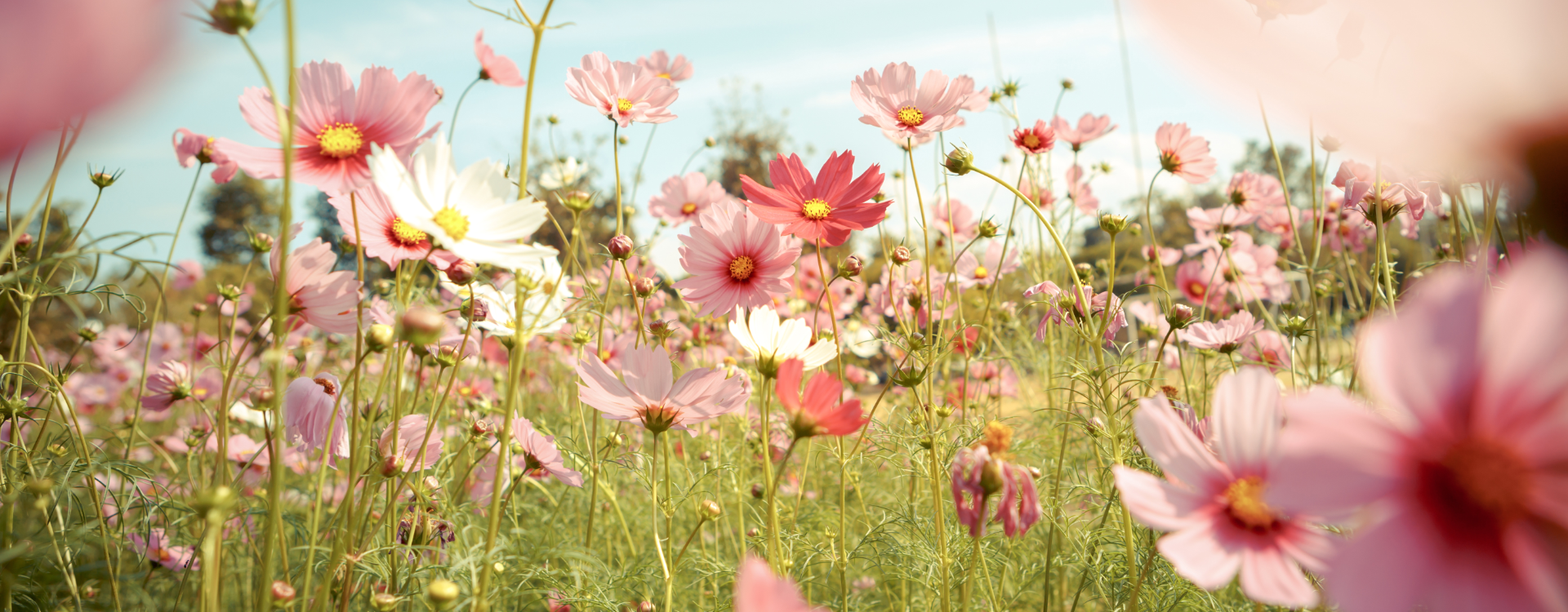It has only been in the last few years that I have begun to consider myself an elder in my field. I realised, about three years ago, that I had served the public for 30 years, full-time, without a break. I acknowledged that I have been blessed with 30 great years and I began reflecting on the importance of the remaining time.
I began to watch colleagues heading towards the latter phase of their career and I became fascinated and curious about their responses. Some people were packing in as much as possible, although not yet ready to move on they behaved in challenging ways as change came to their part of the system. Other people were angry and difficult. Some were protective of their knowledge and know-how, and withheld both from younger colleagues to whom the baton would soon be passed. Still other people were treading water, heads down, continuing to do their best while waiting for their retirement date to arrive.
I found myself comparing these people to other elders I know in a different part of my life, within in my church. Here people in their 60s, 70s, 80s and beyond continue to serve with grace, energy and generosity, taking their eldership seriously and proudly. They are vibrant role models.
I wondered what the difference was. My musings on the answer to that question are for another blog. However one focus of my musing became my own eldership and the key question: ‘How did I want it to be?’
I realised that my team had grown and developed so much in the 11 years I had worked as their leader. All three of the senior practitioners had either completed their doctoral education, were awaiting a viva or were well on the way. They were (and are) fantastic examples of why doctoral education delivers excellence in a practice-orientated professional setting. They needed to stretch themselves even further and they needed to do this independently, without me.
My second realisation was that I needed to be true to myself. I have been part of the organisation for 18 years. Yes, I had been seconded out for almost five years and have experienced great career development, and I have been around for a long time. I have worked for three CEOs all with different styles and different agendas. I have supported them in flexing the development capacity of the organisation to fit their particular direction of travel. And as I focused on the next phase of my life I realised I wanted it to be different.
So, I realised that the wind had changed. When the wind changed for Mary Poppins it signalled that her work was done. It was time to move on.
And this is where I find myself: creating the next phase of my life, making choices, putting my own satisfaction and my desire to continue to do my best work before money. I entered the workforce in Margaret Thatcher’s 1980s when she promised that ‘ you can have it all’. My own learning is that you can’t. We all have to make choices and, often, compromises in order to live well, healthily and with a full heart.
Maybe this is a central part of eldership: the wisdom to know that we always have choices and when the wind changes, perhaps that is the signal that it is time to figure out what your best choices are and how they can serve your future dreams and aspirations.


